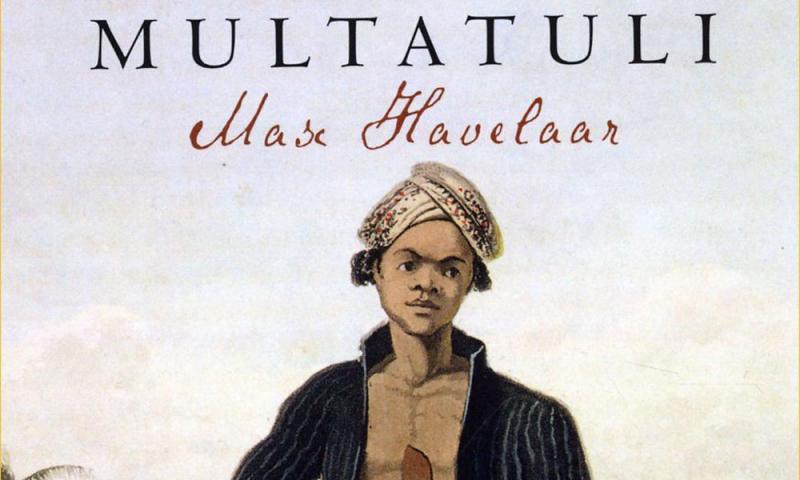COMMENT | A flair for the dramatic
COMMENT | When the iconoclastic Eduard Douwes Dekker, writing under the pen name “Multatuli” – dreamer, adventurer, lifelong romantic and former colonial servant – tore through the artifice of the last pages of his novel Max Havelaar, breaking the fourth wall for the purpose of, among other things, “protesting against the endless expeditions and deeds of derring-do against poor miserable creatures (the Javanese of the 19th century) who have first been goaded to rebellion by ill-treatment”, his words set in motion a deep unease about the Dutch colonial system in Indonesia.
The end of colonialism in itself wasn’t Multatuli’s aim, being an imperialist at heart, although his writings “have long been popular in the Soviet Union as an exemplary denunciation of colonialism and capitalism”, according to an afterword by EM Beekman in a 1982 edition of his book. What is true is that he was deeply concerned with the exploitation he had seen while stationed in his sojourn across the Dutch East Indies, where he spent a good chunk of his pre-literary career, and “dreamt of sweeping reforms quite as impractically as the romantics did”. In Multatuli’s book, the seeds for the cultural background which led to the Ethical Policy in the early 20th century were sown.
With an increasing public awareness of exploitation in the colony, it was necessary for the Dutch to show that they were indeed bringing about benefits to its inhabitants, and it is in this atmosphere filmmakers came to Indonesia, a process that Sandeep Ray of the Singapore University of Technology and Design has studied in Celluloid Colony. To facilitate this process, the Colonial Institution came into being in 1910, where it saw “making films a promising way of providing visual evidence of the state of the colony […] (and) to persuade civilians […] to take pride in the development of the East Indies.” Although their efforts in actually making films ended in 1922, missionaries and corporate institutions would keep enthusiastically shooting whale hunts and the processing of migrant labour on their own initiative.
So much raw footage was shot, a lot of it largely ignored for decades, and put together ...
RM12.50 / month
- Unlimited access to award-winning journalism
- Comment and share your opinions on all our articles
- Gift interesting stories to your friends
- Tax deductable

 William Tham Wai Liang
William Tham Wai Liang